Printed ephemera , some of which are illustrated, mostly discussing topics related to the Mexican Revolution.
Mexican Political Propaganda Collection (Primary Sources)
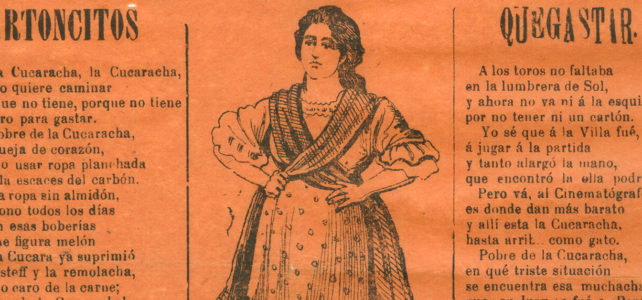


Printed ephemera , some of which are illustrated, mostly discussing topics related to the Mexican Revolution.
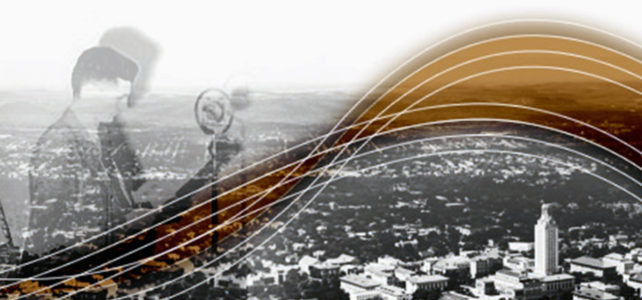
This collection consists of 226 digitally preserved audio programs including interviews, music, and informational programs related to the Mexican American community and their concerns from the radio series “The Mexican American Experience” and “A esta hora conversamos” the Longhorn Radio Network, 1976-1982.
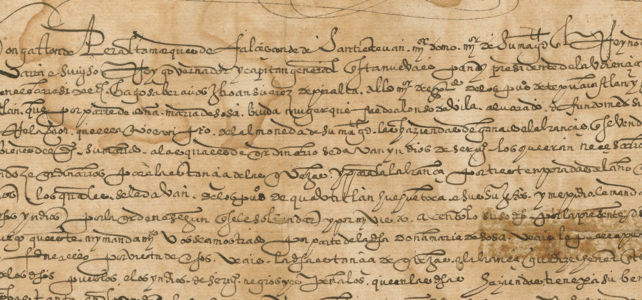
Collected by Mexican historian Edmundo O’Gorman, this collection is focused on central Mexico and contains documents mostly dating from the 17th and 18th centuries. The digitized documents primarily concern the activities of the Catholic Church and religious orders, primarily the Franciscans and the Jesuits, and their the treatment of Indigenous and Black people during the colonial period.
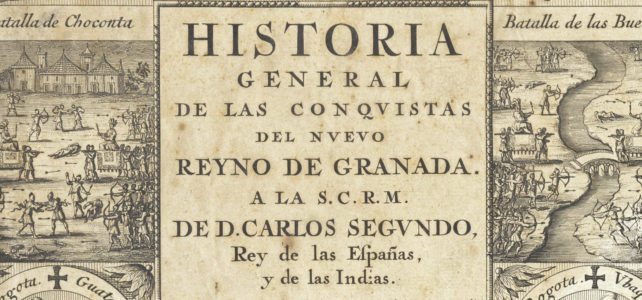
Digitized books in the Benson’s Rare Book Collection encompassing a wide variety of topics relating to Spanish and Latin America, including literature, histories, travel accounts, and secondary sources.
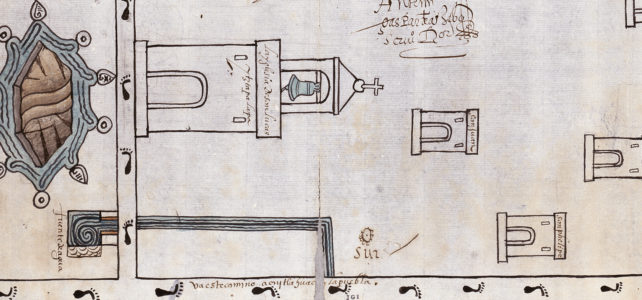
Original manuscripts and maps created in response to the first survey of New Spain mandated by King Philip II. They include historical, cultural, and geographical information about the region in the 16th century.
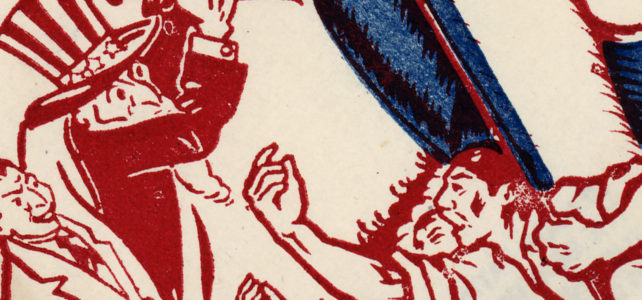
Ephemeral publications collected by Guatemalan bibliophile Arturo Taracena Flores. Most of the publications are “street literature” intended to be read or distributed widely and/or posted in public places, representing a broad range of organizations and interest groups.
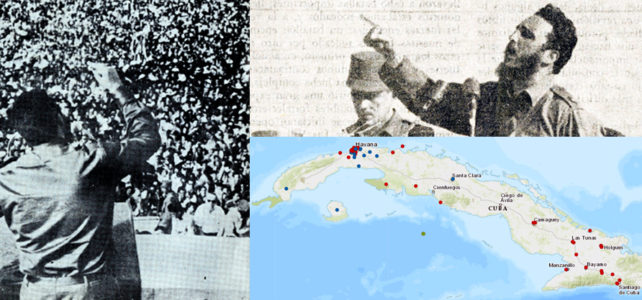
This exhibition explores the themes of revolution, national autonomy, and anti-capitalism in a set of inauguration speeches delivered by Castro. The selected texts highlight how the rhetoric of the Cuban Revolution shaped the built environment of the island and how these advances complicated the polarized representations of Castro’s government.

On March 1, 2020, prominent Nicaraguan poet Ernesto Cardenal passed away, leaving an indelible legacy behind. He was a multi-faceted man: He was a poet, priest, revolutionary, liberation theologist, sculptor, and activist. This exhibition seeks to trace and reflect on key moments in his life.

This exhibition aims to underscore resistance to colonial legacies by examining Latinx zines that interrogate food and its impact in shaping cultural identity.
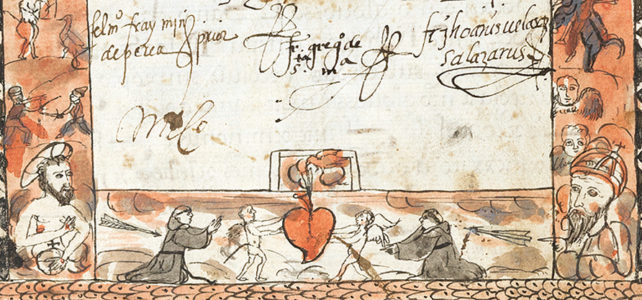
This exhibition focuses on the lives of Augustinian friars who professed to the Augustinian Order in Mexico City’s convent.